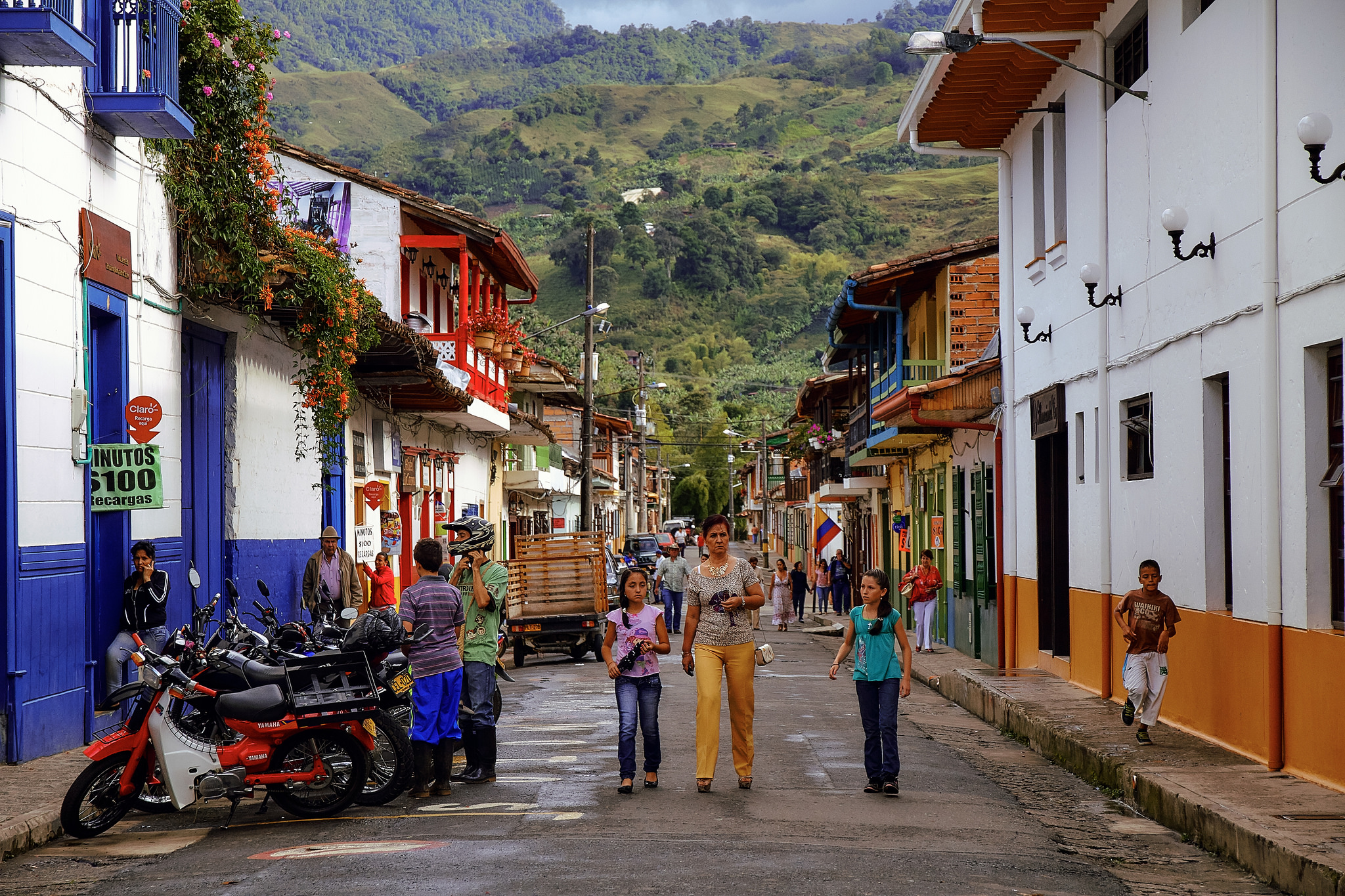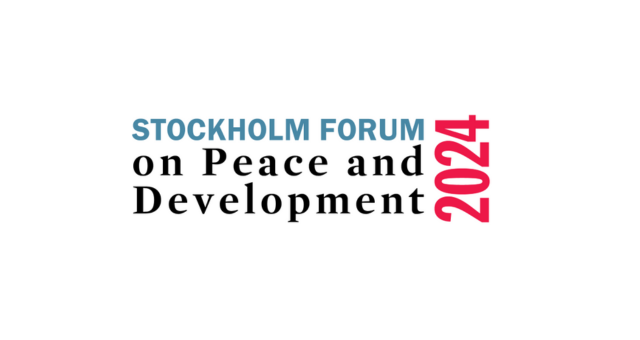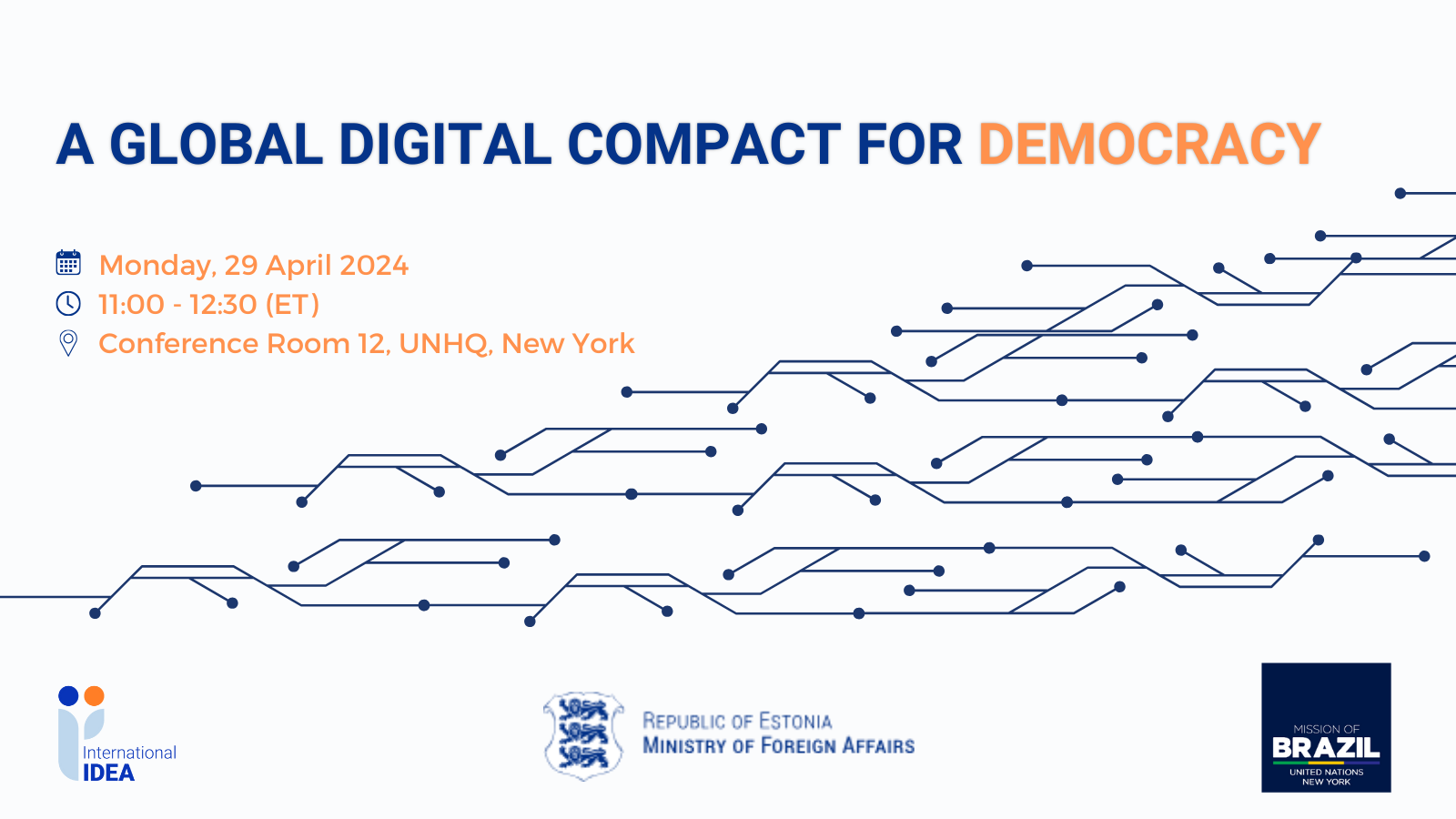How political finance is hindering women’s access to politics in Colombia

On 12 December, International IDEA and the University of the Andes’ Law School convened a panel of experts in Bogota, Colombia, to discuss the report, Political Finance and the Participation of Women in Colombia: A Situation Analysis.
The panel (and report) aimed to answer to two key questions: What is the role of political finance in hindering women’s access to political power in Colombia? And if political finance is an obstacle, how does it compare to other obstacles in the way of women’s political representation?
The report, originally published in 2016 and now translated into Spanish, was authored by Kevin Casas-Zamora and Elin Falguera. It was produced under the Respect for Women’s Political Rights Programme (2014–2017), developed by International IDEA, the Netherlands Institute for Multiparty Democracy and other partners. This four-year Programme aims to strengthen the political leadership of women in three countries —Colombia, Kenya and Tunisia—by improving the environment for equal participation and leadership of women and men in political parties.
The main findings of the report
The speakers first provided some of the defining features of the Colombian context—its politics and political finance. They noted the prominent role of oligarchical structures and patronage; increasing representation of women in Congress, partly due to the adoption of gender quotas in 2011; poor enforcement of otherwise reasonably well-designed financial regulations; very limited transparency of the parties’ financial affairs; a candidate-centered fundraising dynamic; and the predominance of private campaign funding—from licit and illicit sources.
In this context, Dr. Casas-Zamora, Senior Fellow at Inter-American Dialogue and Senior Consultant for Political Finance at International IDEA, presented the following key findings.
- Fundraising can be a significant obstacle for some women, but not for all. Aspiring female leaders (outsiders) face very steep odds in the quest for financial resources, odds that improve considerably for women that belong to well established family-based political structures in Colombia’s regions (insiders) or run as incumbents.
- Colombia’s political parties do very little to promote female leaders and facilitate their electoral participation. The scarce public funding earmarked for this purpose is often misused by the parties, while representation quotas are fraught with implementation problems, including their limited scope (only covering electoral districts) and the parties’ last-minute efforts to ‘pad’ their lists with women with no real chance of being elected.
- Political finance-related obstacles are relatively minor when compared to other structural hindrances for women’s participation. Notably the prevalence of political mores and schedules that are strongly inimical to family life; entrenched social expectations about women’s role in taking care of their household and family; and the women’s limited economic autonomy, which constrains, among other things, their ability to borrow resources during campaigns.
The presentation ended with a series of policy recommendations, including to:
- increase permanent public funding for the promotion of female leadership and controls over its use;
- earmark public funding for female candidates during campaigns;
- consider the adoption of mandatory closed lists;
- introduce gender quotas for party structures; and
- adopt family-friendly schedules for political activities.
Unpacking the report: The panel discussion
The initial presentation gave way to an animated conversation in which important points were made by the panel, featuring Diana Espinosa, Colombia UN Women National Programme Office; Pilar Tello, International IDEA’s Gender Bureau for Latin America; Cecilia Lopez-Montaño, former Senator and former presidential candidate of Colombia’s Liberal Party; and Juanita Goebertus, lawyer, women’s rights specialist, and congressional candidate of Colombia’s Green Alliance.
The panel highlighted that the current discussion about the role of political finance in thwarting women’s representation is part of a broader debate about the expansion of women’s rights and roles in society. The rapid progress made by women in terms of their access to education, healthcare, participation in the labor market, has not been matched by equally rapid progress in their participation in political and economic decision making. The slower pace towards gender parity in the latter front is not hard to fathom – power is at stake and the pushback from male dominated structures is correspondingly much stronger.
For obstacles to gender parity to be removed, the cost that society bears as a result of women’s exclusion from decision-making must be made evident. Expanded power for women in the economic and political realms means, among other things, an expanded pool of leadership for society as well as greater consideration given to issues that are of interest to society as a whole, such as having an appropriate ‘work-life-balance’.
The obstacles posed by the study also ought to be re-framed as problems for not only relevant to women. To the extent that they limit the fairness and quality of representation, they are a problem relevant to democracy as a whole. The real question is how to make sure that democratic politics reflects society in the best possible way and attracts the best possible people. This discussion goes beyond women, but is impossible to pose without women at its core.
To promote women's leadership, reforming the parties’ internal life is essential. Changing the gender composition of internal organs, particularly at the top of party structures, and allocating more resources to female candidates during campaigns appear as crucial measures to promote gender parity.
Female mentorship—the promotion of aspiring women leaders by established women leaders—is another crucial instrument to decrease the steep odds faced by women to gain access to resources for their campaigns and, ultimately, gain access to representation.
The panel ended with calls to expand research on the role of political finance in the quest for gender parity, and to disseminate more broadly, particularly among policymakers, the results of that research.


